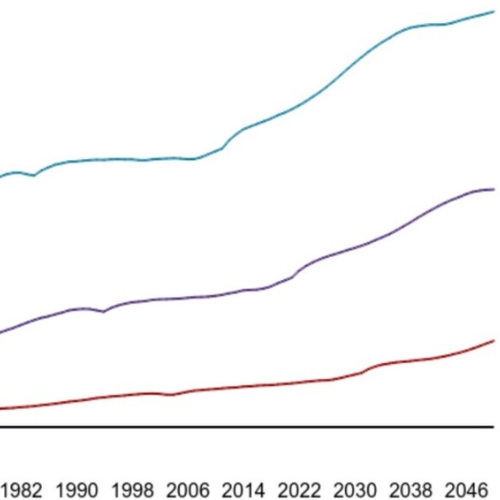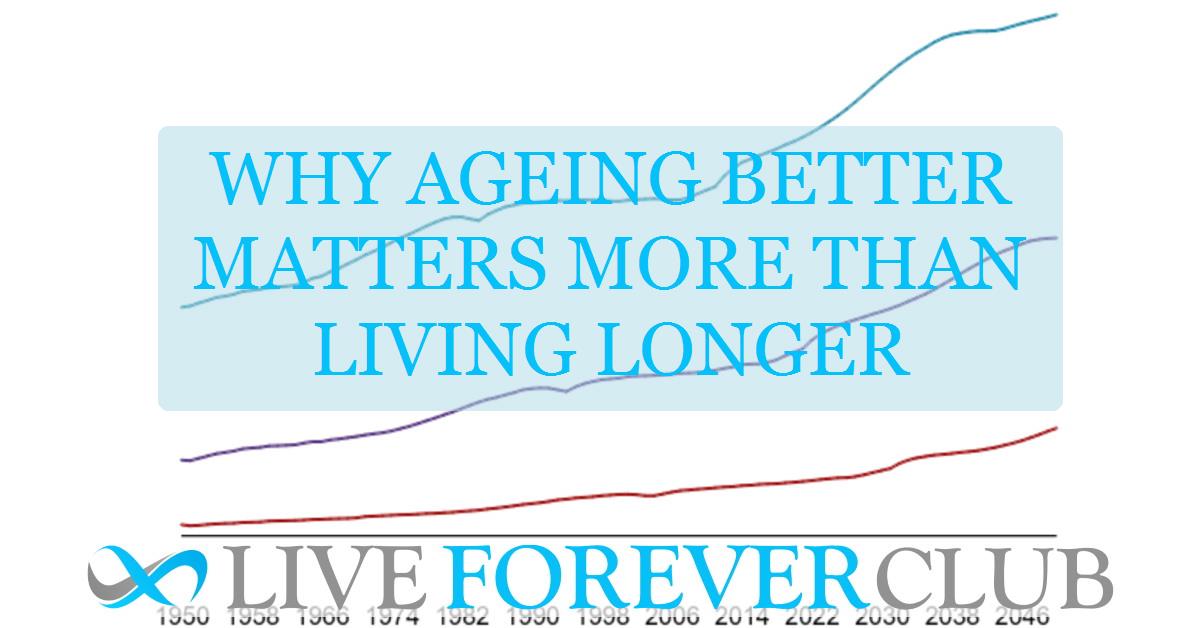Key points from article :
Ethel Caterham, aged 115, is currently believed to be the world’s oldest person. Born in 1909, when the average British woman lived to just 52, her life reflects the massive shift in human longevity. Today, thanks to medical and social progress, centenarians are the fastest-growing age group, with millions expected to reach 100 in the coming decades. However, living longer raises concerns—about finances, health, and purpose in old age.
The challenge now is not just lifespan but healthspan—the years we live in good health. Many of the added years are spent with chronic illness. Scientists say 80% of ageing is influenced by lifestyle and environment, making healthy habits and preventive care essential. Meanwhile, researchers are exploring how AI, genetics, and biomarkers can help delay ageing-related diseases.
Longer lives also demand changes to work, retirement, and how society views ageing. With pensions under pressure and retirement ages rising, we’ll need more flexible careers and support systems. The real opportunity of longevity lies in rethinking life’s structure, spreading work, learning, and leisure more evenly.
Caterham’s advice—stay positive and open to life—remains wise. But future centenarians will also need to actively prepare, as society adapts to the realities of longer lives.





